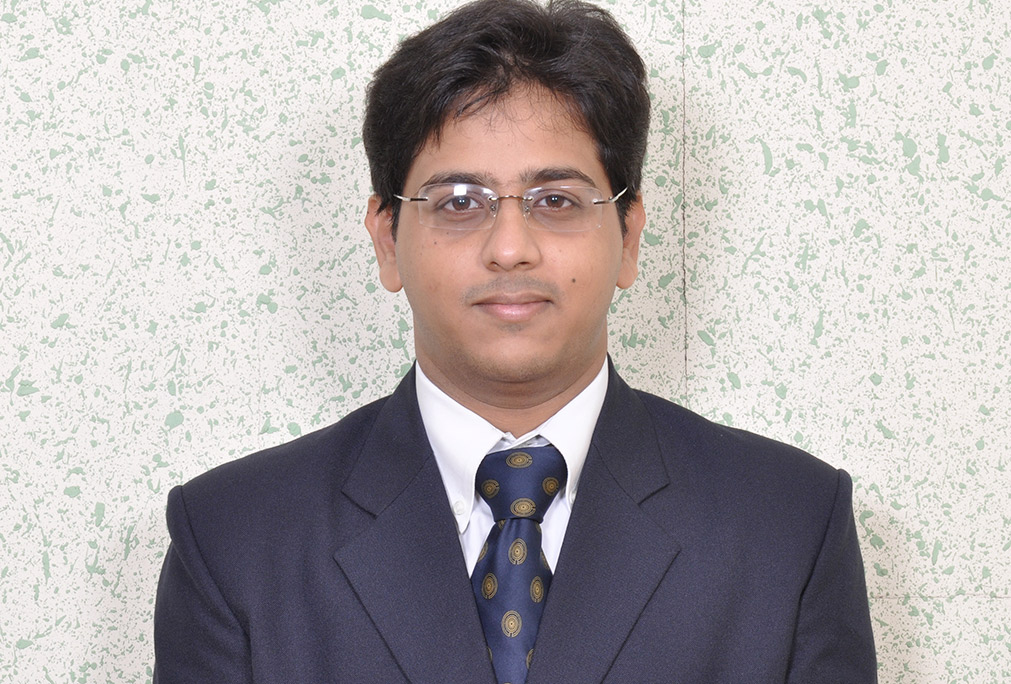Bolstered by visionary leadership and well-planned urban development strategies, Dubai is on track to achieve its smart cities goals by means of a three-pronged focus on smart economy, smart life, and smart tourism. The first revolves around developing smart companies, stock exchanges, port services and jobs; the second looks to enhance health, education, transport, communications, public utilities and energy services; and the third seeks to create a 
These strategies will be discussed in the upcoming second annual Arab Future Cities Summit Dubai taking place on November 2-3, 2015, at Sofitel Dubai The Palm Resort & Spa. His Highness Sheikh Mohammed Bin Rashid Al Maktoum’s vision to transform Dubai into a smart city has led to global focus on Dubai as the city to watch out for. In line with his vision, the Smart City initiative aims to ensure Dubai ranks among the world’s best-connected and smartest cities by 2017. And that’s not all. Innovation is also of the utmost importance, as His Highness Sheikh Mohammed’s plans also include Dubai being the leader and not a laggard in technological innovation and knowledge advancement.
Emergence of smart cities
The perception of smart cities is changing across the globe, and the Middle East finds itself at the heart of this exciting new technology. And while the emergence of such projects will admittedly maintain a steady — rather than explosive — pace (with many being small pilots or proof-of-concepts), 2015-16 will see more smart city implementations occurring than in all previous years combined.
Smart cities have their roots in sustainability, and this remains an important driver for such initiatives. Water shortages and climate change mean that energy and water efficiency are pressing issues in the Middle East. And as urban areas contribute to global greenhouse gases, more and more cities are starting to recognise the role they must play in improving energy efficiency and reducing carbon emissions. As such, we see sustainability becoming more of a coordinated citywide effort in combination with coherent smart city strategies.
Citizen engagement is a key theme, and represents the next step in establishing an open and participatory system of government. To this end, smart cities are focussed on providing greater transparency through the provision of open data and continuous data access, increasing the political clout of citizens by enhancing their ability to use social media and mobile devices at any time and in any place. Ecosystems and partnerships will see more movement in terms of formalisation and development of networks that enable various partners to work together on smart city projects.
Typically, these are going to include various tech vendors, city departments, colleges and universities, and probably other levels of government beyond the metropolitan level. The final piece of the jigsaw i.e. innovation is the fundamental theme that underpins all the others, since smart cities inherently seek to solve urban challenges in new ways, by changing business processes, shifting worker and citizen behaviour, and, ultimately, institutionalising the process of innovation.
Under focus
These region-wide smart city efforts will have a two-pronged focus; first, on raising the standards of existing cities, and second, on Greenfield initiatives. Municipalities in the region will start to allocate resources toward the development of smart city projects that meet the specific needs of their citizens. For example, Dubai is taking a major step toward delivering more green buildings through the Dubai Green Building Code, which has already been unveiled. This should result in a surge in the use of smart building technologies to reduce carbon footprints.
Stages of maturity
It has been predicted that by 2014-15 only 15% of cities in the world are going to be in the second phase of maturity, the opportunistic stage, and only 5% will be in the third phase, the repeatable stage. Most cities will be in the first phase, the ad hoc stage, which is characterised by business as soloed decision making, unaligned budgets and processes across department, and information and technologies that are not shared or leveraged across the enterprise.
The fourth phase, the managed stage, requires the implementation of formal systems that enable cities to predict the needs of their residents and businesses and provide preventive services before problems arise. To reach the final optimised stage, meanwhile, entails a long-term transformation process spanning 10 to 15 years.
The future of smart cities
UAE is in an excellent and favourable position to move up the maturity scale given its strong smart city vision. It has also recently made a strong push in terms of citizen engagement by providing key services through smartphones and building its partnership ecosystem by working closely with service providers, technology vendors, and ICT leaders, which is being considered as a giant stride towards a sustainable future.




